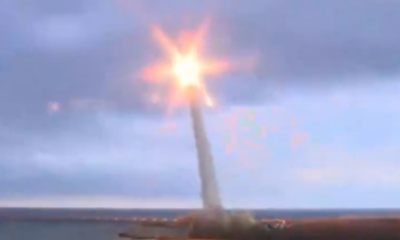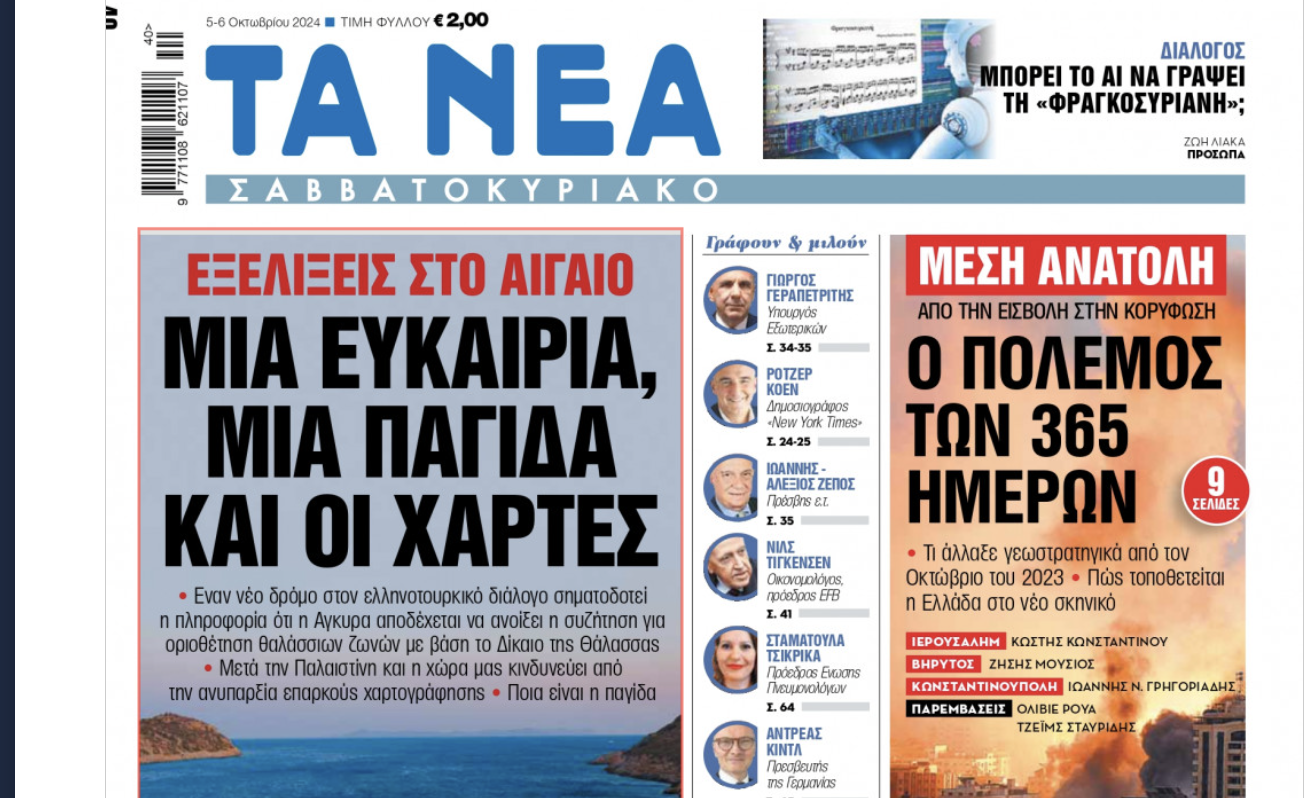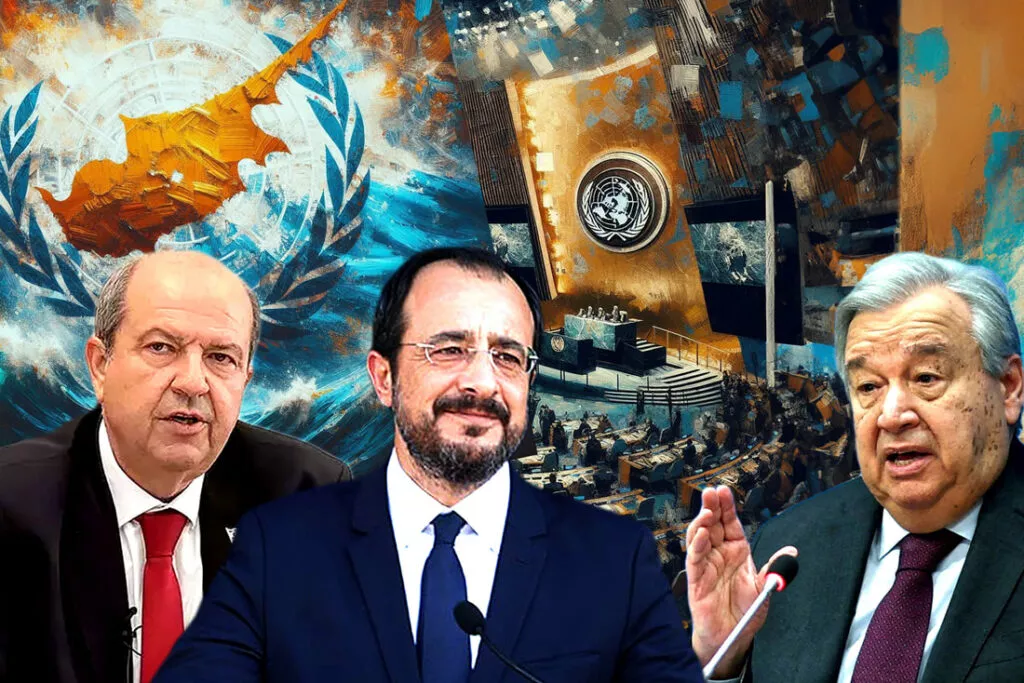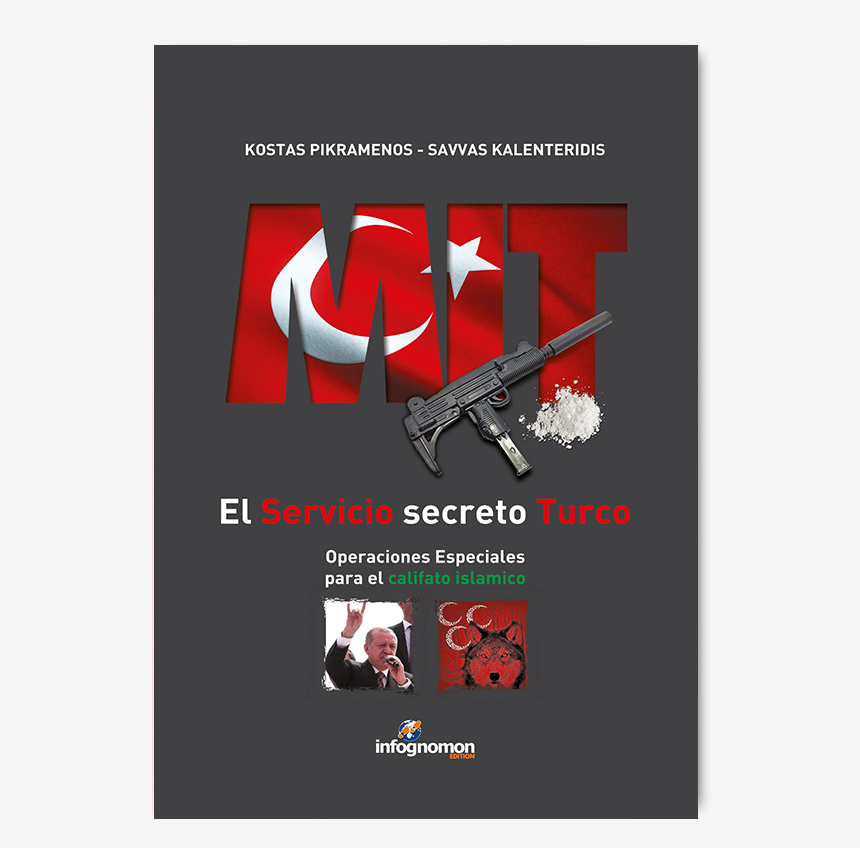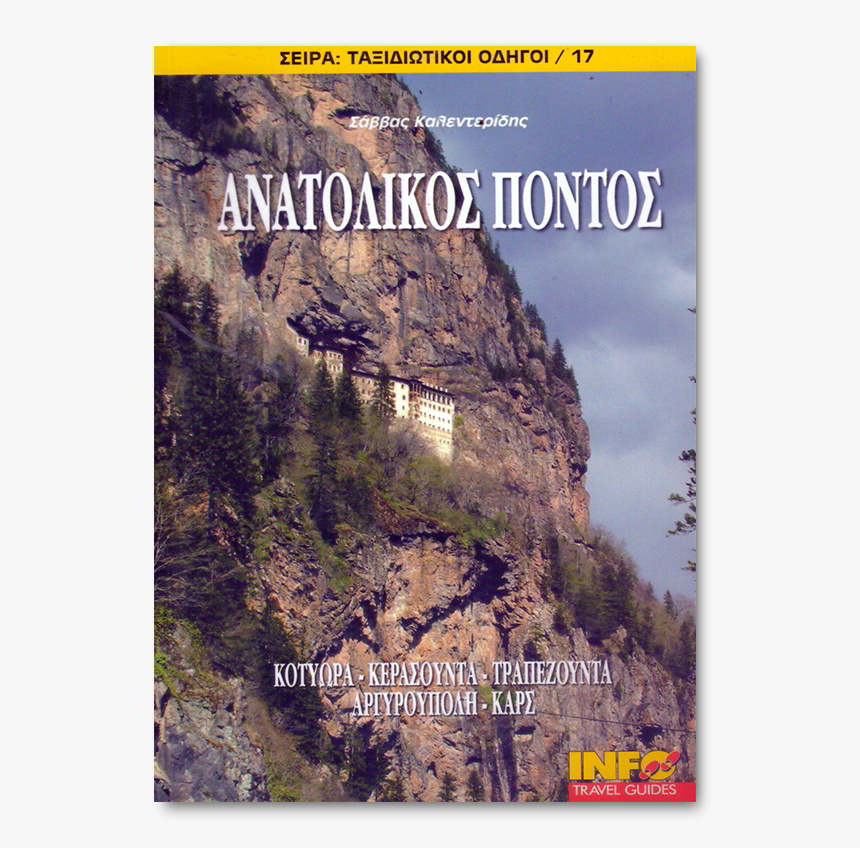Αρμενία - Αρμενικό Ζήτημα
VOA:20th Century Mass Killings Remembered
Mike O’Sullivan | Los Angeles
Two of the worst atrocities of the 20th century started in the month of April: the killing of 1.5 million Armenians in Ottoman Empire Turkey in 1915 and 1916, and the slaughter of 800,000 Tutsis and moderate Hutus in Rwanda in 1994. Scholars and survivors say the process of healing is not easy.
Donald Miller, who directs the Center for Religion and Civic Culture at the University of Southern California, interviewed Armenian survivors in the 1970s and ’80s. He also has collected the stories of those orphaned and widowed by the Rwanda massacre.
He said several themes emerge from the interviews, most recently in Rwanda. “One thing is that forgiveness is extremely difficult. And in our experience of doing 100 interviews, that is the exceptional case. In fact, what we found is that some individuals are so traumatized that they may say that they have forgiven the perpetrators of this genocide, but they say so almost with a spirit of resignation in their voice, as if, ‘we have no other choice,’” said Miller.
He said that in Rwanda there is an effort is to bring about reconciliation through community courts, where perpetrators ask for forgiveness and the victims generally give it. He said it is often not clear, however, that the forgiveness is heartfelt.
The killings in Armenia took place in connection with forced deportations of the Armenian Christian minority in the largely Muslim Ottoman Empire. Historian Richard Hovannisian of the University of California, Los Angeles, recalls that it started in the imperial capital.
“In April, 1915, the Armenian intellectual, political, religious leaders in Constantinople were arrested, deported and most of them killed. And then followed in the following months, the mass deportation and massacres of Armenians throughout the Ottoman Empire through forced marches, outright killing of the male population, forced marches of the woman and children,” said Hovannisian. “And the place of so-called relocation, for those who made it – not many did, but those who did – were the deserts.”
In the documentary The River Ran Red from the Armenian Film Foundation, a survivor tells about his experience. The interview was recorded in 1985, and the man recalled what he witnessed as a child.
“In the morning, I walked and walked. I saw a boy. Together, we found a girl and we hid in the forest. We saw the Turks looking for Armenians in forest. At night, they would massacre the men. During the day, the women and the boys. We were lying down in the blood. We woke up among the dead.”
The events occurred after the Ottomans entered World War I, and Turkey still insists there were civilian deaths on all sides in the confusion of war. It says Armenians were deported from the Eastern war zone because of fear of unrest and concerns that the Armenian minority could aid the enemy, Russia. Turkey also disputes the numbers, saying no more than 600,000 Armenians died, and not by intent.
Hovannisian said the question remains politically sensitive because of the strategic importance of Turkey as a bridge to the Muslim world.
“Some would prefer to avoid it. For example, President Obama, who as candidate Obama insisted one of the first things he would do would be to acknowledge the Armenian genocide, has skirted the issue by using an Armenian term, which is the equivalent of genocide, but does not say genocide. It is the Armenian word [Meds] Yeghern, which means the Great Crime, the Great Event, the Great Tragedy, rather than the word itself. So it does not make the Turkish government happy, but on the other hand, it is not the G-word.”
The historian notes that President Woodrow Wilson condemned the massacre at the time it happened, and Wilson’s ambassador to the Ottoman Empire, Henry Morgenthau, would call it the murder of a nation.
The Rwanda genocide began April 6, 1994, when ethnic tensions flared after the assassination of Rwanda president Juvenal Habyarimana, who was an ethnic Hutu. The Hutu power movement then targeted Tutsis for elimination.
Yvette Rugasaguhunga, a Tutsi, survived the Rwanda massacre. Now a financial analyst in New York, she has been living in the United States for seven years.
She recalls that on the third day of the genocide, her father was killed. “My father was lucky enough to be shot. He was taken inside of a home. They shot him in front of my grandmother, who begged them to kill her as well, and they shot her,” said Rugasaguhunga.
The same day, her 22-year old brother was caught and killed by clubbing. She would lose another brother and two sisters in the killings.
Ironically, Yvette and her sisters were shielded by a neighboring Hutu family, and were later sheltered by a Hutu militiaman who was unaware of their ethnic background. She said the man was loving and warm in his dealings with the girls, but returned home each day from the killings covered in blood.
“And to me, that is something that I can never completely comprehend,” she said. “What it taught me is, any human being can be evil, and any human being can be an angel.”
Religion scholar Donald Miller said these were Christians killing Christians, and some churchmen were involved.
“In fact, one survivor that I interviewed said that his own Catholic priest refused to serve him communion, or the Eucharist, because he said, ‘I do not give the body and blood of Christ to cockroaches.’ And so when you identify someone as a cockroach or in the case of the Armenian genocide as an infidel, they become less than human, and there is then a campaign to exterminate these individuals who do not have the same social and civil rights as the rest of the population.”
Miller said that modern technology, including the use of mass media to motivate the killers, made the 20th century a century of genocides, from Armenia and the Nazi Holocaust to Rwanda. Mass killings in Cambodia, Darfur and Southern Sudan have added other atrocities to the tragic list.
Rugasaguhunga said reconciliation in Rwanda must begin with justice. She noted that the International Criminal Tribunal for Rwanda has completed barely 50 trials, and she hopes for the prosecution of more of the ringleaders.
Hovannisian said that acknowledging the crime is a crucial first step to reconciliation, and he said that in Turkey’s case, that has not happened.
Voice of America

Video
Η φωνή της Αρμενίας: Οι εξελίξεις επηρεάζουν την κοινή γνώμη
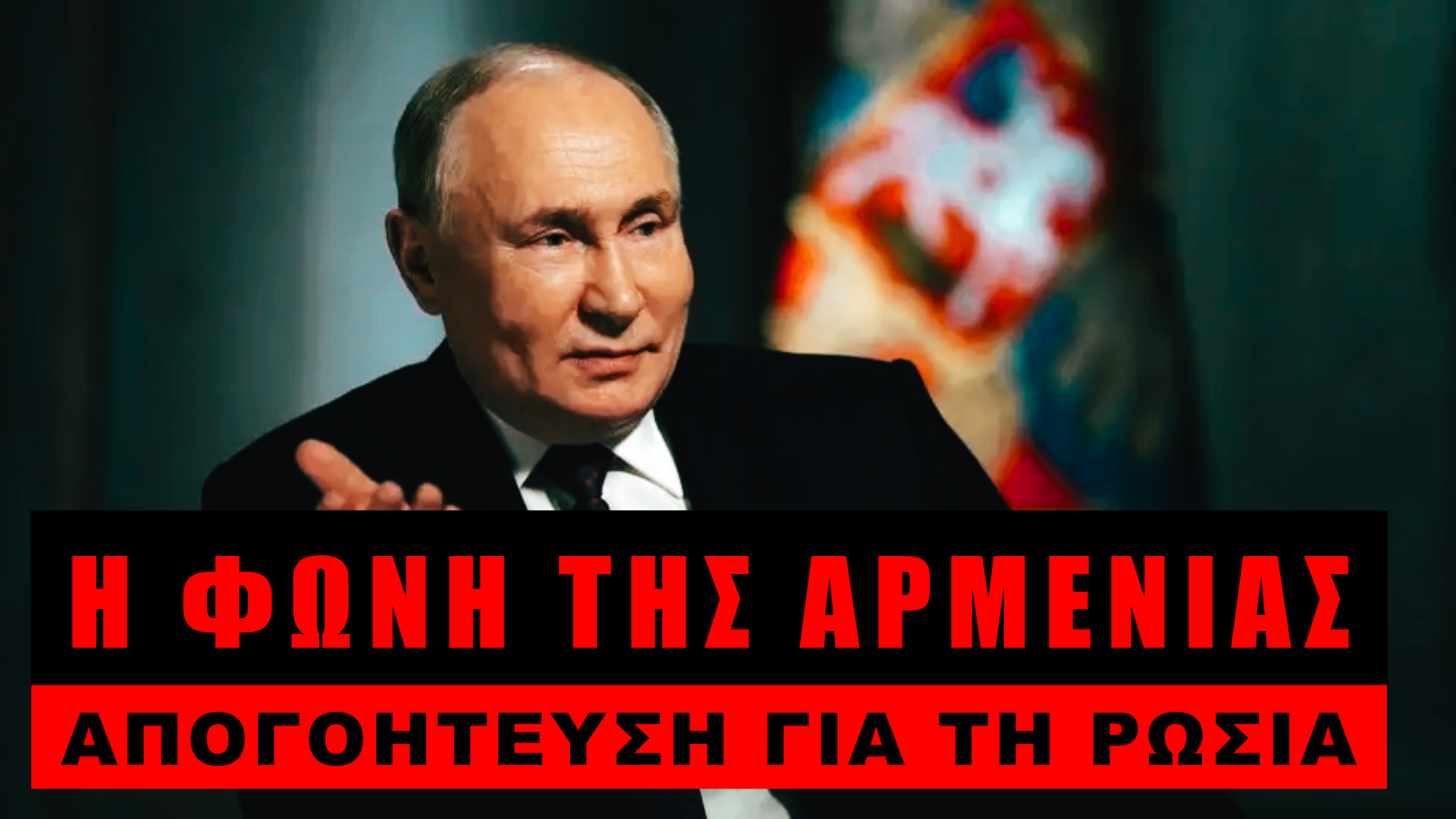
Η φωνή της Αρμενίας – Παρουσιάζει η Λιάνα Μανουκιάν
Ελληνόφωνο δελτίο ειδήσεων με την υποστήριξη της Δημόσιας Ραδιοφωνίας της Αρμενίας
Ενημέρωση στις 3 Οκτωβρίου 2024
Video
Η φωνή της Αρμενίας: Γιατί οι ΗΠΑ “σπρώχνουν” τους Τούρκους στον Καύκασο;
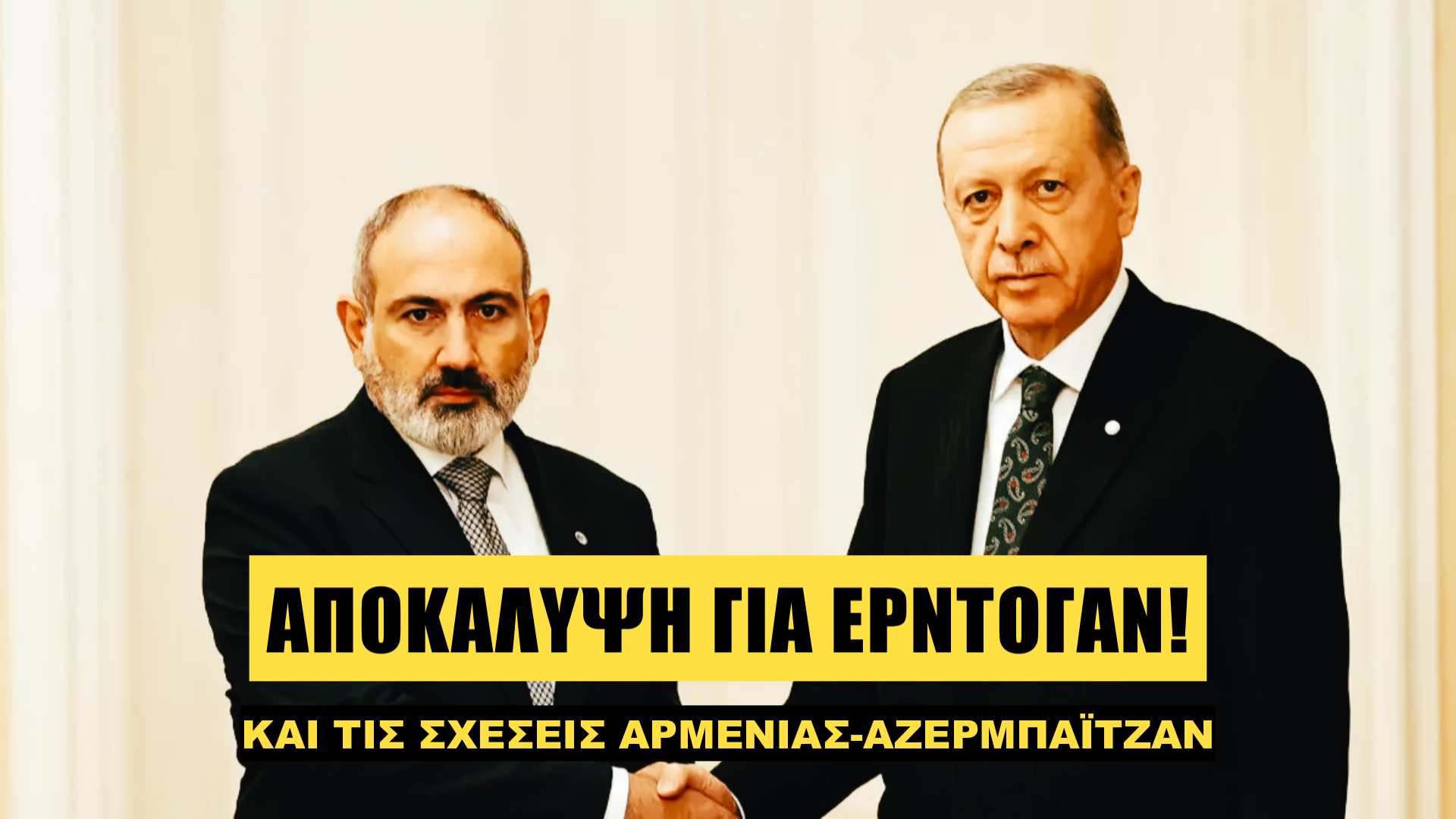
Η φωνή της Αρμενίας – Παρουσιάζει η Λιάνα Μανουκιάν
Ελληνόφωνο δελτίο ειδήσεων με την υποστήριξη της Δημόσιας Ραδιοφωνίας της Αρμενίας
Ενημέρωση στις 1 Οκτωβρίου 2024
Video
Η φωνή της Αρμενίας: Οι Ρώσοι θέλουν να κάνουν πραξικόπημα
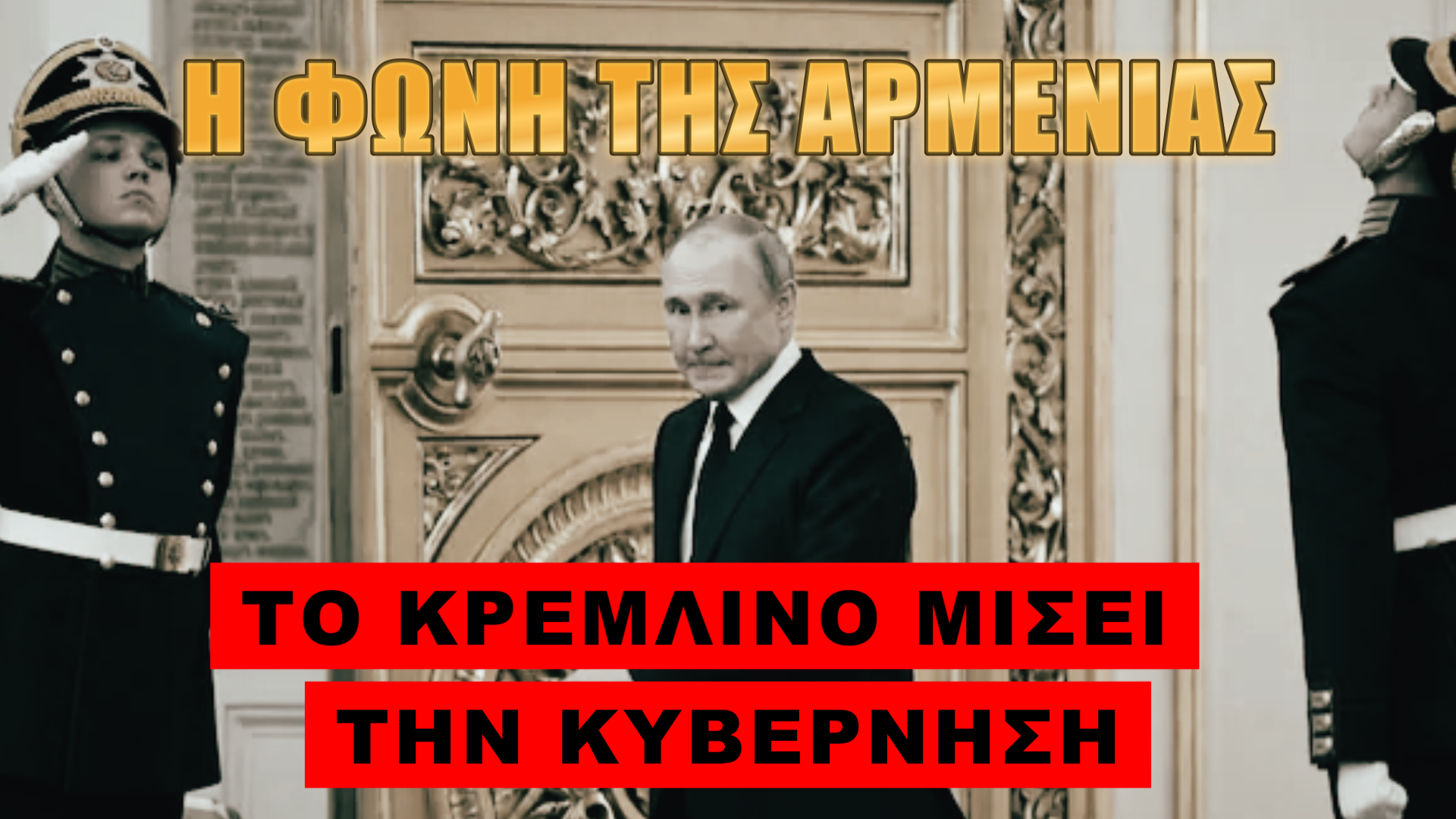
Η φωνή της Αρμενίας – Παρουσιάζει η Λιάνα Μανουκιάν
Ελληνόφωνο δελτίο ειδήσεων με την υποστήριξη της Δημόσιας Ραδιοφωνίας της Αρμενίας
Ενημέρωση στις 27 Σεπτεμβρίου 2024
Το ρεπορτάζ
Πριν από λίγες ημέρες, η Δικαστική Επιτροπή ανέφερε σχετικά με την αποκάλυψη υπόθεσης προετοιμασίας για την αποτροπή της εξουσίας από την Εθνική Ασφάλεια: 3 άτομα συνελήφθησαν και 4 καταζητούνται. Σύμφωνα με τις αρχές επιβολής του νόμου, οι κάτοικοι της Αρμενίας και του Ναγκόρνο-Καραμπάχ στρατολογήθηκαν έναντι μηνιαίας αμοιβής 220 χιλιάδων ρωσικών ρουβλίων ο καθένας και μεταφέρθηκαν στη Ρωσία για τρίμηνη εκπαίδευση και κατά τη διάρκεια αυτής της περιόδου έπρεπε να εξοικειωθούν με τα νέα βαρέα όπλα. Έπρεπε να κατακτήσουν τις δεξιότητες χρήσης τους και μετά την επιστροφή τους στην Αρμενία να εκτελέσουν τα καθήκοντα μάχης, καθώς και να μεταδώσουν τις γνώσεις που απέκτησαν σε άλλους. Αξίζει να σημειωθεί ότι, σύμφωνα με την Δικαστική Επιτροπή, οι στρατολογηθέντες σε διάφορες ομάδες ταξίδεψαν στη ρωσική πόλη Ροστόφ επί του Ντον και στη συνέχεια μεταφέρθηκαν σε άλλη τοποθεσία, όπου υποβλήθηκαν σε προκαταρκτικό έλεγχο. Μετά την αρχική επιθεώρηση, στάλθηκαν σε μια στρατιωτική βάση που ονομάζεται «Αρμπάτ», μετά την οποία εκπαιδεύτηκαν να πολεμήσουν με γνωστά όπλα σε κλειστό χώρο, μέσα στο κτίριο. Σύμφωνα με την επιτροπή, οι στρατευμένοι ενημερώθηκαν ότι ο σκοπός της άσκησης ήταν να επιστρέψουν στην Αρμενία και να ανατρέψουν τη σημερινή κυβέρνηση, ζητώντας έτσι την κάθαρση και τη σωτηρία της Αρμενίας. Σε αυτό το φόντο, ο Αρχιεπίσκοπος Μπαγκράτ Γκαλστανιάν και οι πολιτικές δυνάμεις της αντιπολίτευσης δηλώνουν την πρόθεσή τους να κλιμακώσουν τον αγώνα της αντιπολίτευσης κατά του καθεστώτος από τις 2 Οκτωβρίου. Ο αναλυτής πολιτικών θεμάτων Στεπάν Γκριγκοριάν σχετικά με αν βλέπει κίνδυνο αποσταθεροποίησης στην Αρμενία είπε:
«Το Κρεμλίνο μισεί την κυβέρνηση του Πασινιάν, βοηθά το Αζερμπαϊτζάν να επιτεθεί στην Αρμενία και δημιουργεί μια ασταθής κατάσταση μέσω φιλορωσικών δυνάμεων. Δοκίμασαν όλες αυτές τις μεθόδους, είδαν ότι δεν αποδίδουν, τώρα κάνουν αποφασιστικά βήματα, αλλά αυτές οι μέθοδοι δεν πέτυχαν. Η Ρωσία είναι επίσης απασχολημένη με την Ουκρανία. Εκτός αυτού, η κοινωνία μας καταλαβαίνει πολύ καλά, και είναι αδύνατο να την νικήσουμε, ειδικά μετά τον αναγκαστικό εκτοπισμό του Αρτσάχ. Ο κόσμος δεν ακολουθεί την φιλορωσική αντιπολίτευση. Δεν μπορώ να πω για τον συγκεκριμένο ένοπλο σχηματισμό, πόσο σοβαρός είναι, δεν είμαι ειδικός σε αυτό. Αλλά δεν έχω καμία αμφιβολία ότι η Ρωσική Ομοσπονδία θέλει να κάνει πραξικόπημα στην Αρμενία, ακόμα με το ζόρι». Ο αναλυτής επέμεινε ότι η κυβέρνηση της Αρμενίας πρέπει να λάβει προληπτικά μέτρα.
«Η Ρωσική Ομοσπονδία θέλει να χρησιμοποιήσει την ίδια μέθοδο που χρησιμοποιήθηκε στο Ναγκόρνο-Καραμπάχ, όταν είπε στις πρώην αρχές του Ναγκόρνο-Καραμπάχ να ανατρέψουν τον Αραΐκ Αρουτιουνιάν και να φέρουν τον διάδοχό τους, υποσχόμενοι, ότι θα τον υποστηρίξουν. Ωστόσο, εξαπάτησαν και έφεραν τον διάδοχο αλλά δεν τον υποστήριξαν. Ο Αραΐκ Χαρουτιουνιάν δεν ήθελε να παραιτηθεί. Η κατοικία του Αρουτιουνιάν δέχτηκε πυροβολισμούς. Ο Αραΐκ Αρουτιουνιάν αναγκάστηκε να παραιτηθεί. Τώρα με το ίδιο σενάριο θέλουν να κάνουν εδώ – στην Αρμενία.
Είμαι σίγουρος ότι μπορεί να γίνει απόπειρα πραξικοπήματος εκ μέρους της ΡΟ και αυτό δεν συζητιέται εδώ. Αλλά δεν υπάρχει αμφιβολία ότι δεν θα πετύχουν αυτό που θέλουν. Προσπάθησαν να ενισχύσουν τεχνητά την πολιτική αντιπολίτευση, αλλά αυτό δεν λειτούργησε. Ο κόσμος αντιλαμβάνεται ότι οι φιλορώσοι μας οδηγούν στην καταστροφή, μας οδηγούν στο καθεστώς της επαρχίας, γι’ αυτό και ο αριθμός των υποστηρικτών της ευρωπαϊκής ολοκλήρωσης έχει αυξηθεί δραματικά», δήλωσε ο Στεπάν Γκριγκοριάν.
Στην απόπειρα ένοπλου πραξικοπήματος συμμετείχαν ρωσικές ειδικές υπηρεσίες
Αφού οι αρμενικές αρχές επιβολής του νόμου ανακοίνωσαν ότι ανακάλυψαν και απέτρεψαν μια απόπειρα ένοπλου πραξικοπήματος στην Αρμενία, υπήρξαν εικασίες ότι οι ρωσικές ειδικές υπηρεσίες συμμετείχαν στην προετοιμασία του.
-
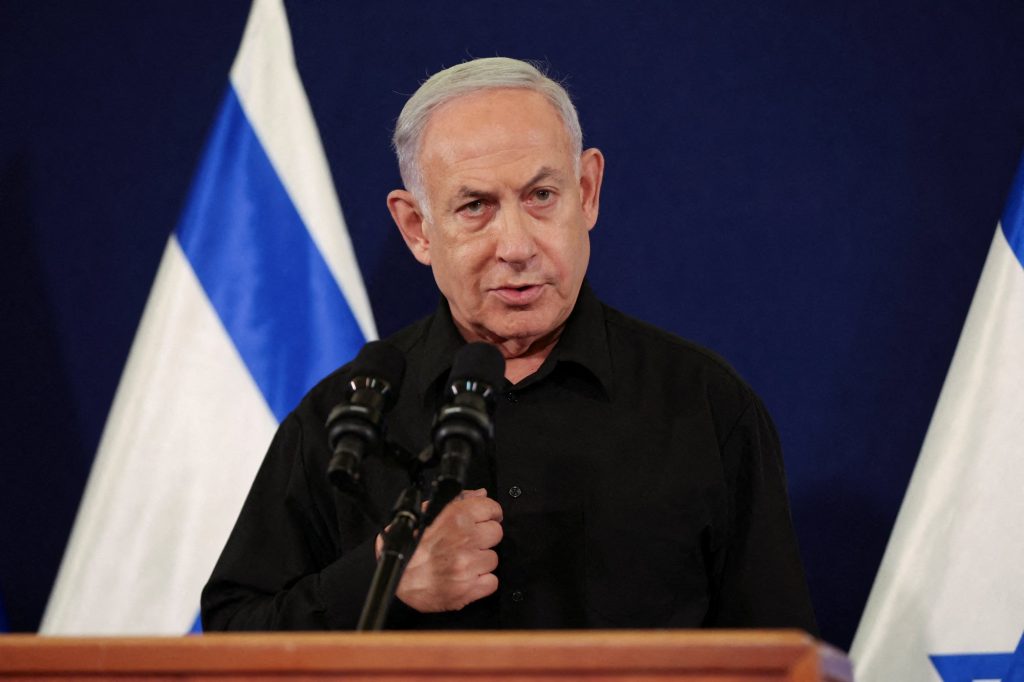
 Ιράν1 ημέρα πριν
Ιράν1 ημέρα πρινKίνηση υψηλού ρίσκου του Ισραήλ! Δεν αποκλείει χτύπημα στα πυρηνικά του Ιράν ο Νετανιάχου – Πότε θα χτυπήσει;
-

 Εξωτερική Πολιτική1 ημέρα πριν
Εξωτερική Πολιτική1 ημέρα πρινΣτο επίκεντρο η ελληνοαμερικανική συνεργασία σε συνάντηση του Μητσοτάκη με Αμερικανούς γερουσιαστές στα Χανιά
-

 Γενικά θέματα24 ώρες πριν
Γενικά θέματα24 ώρες πρινΜία νέα αρχή για το «Γεωπολιτικό»
-
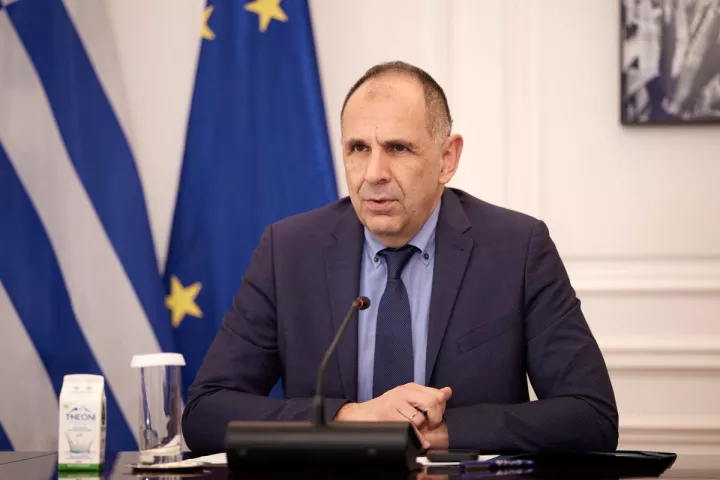
 Αναλύσεις - Γνώμες22 ώρες πριν
Αναλύσεις - Γνώμες22 ώρες πρινQuo vadis κύριε Γεραπετρίτη;
-

 Αστυνομία21 ώρες πριν
Αστυνομία21 ώρες πρινΑποκάλυψη! Ειδικό λογικό ισραηλινής κατασκευής για μαζική αναγνώριση προσώπων αποκτά η ΕΛ.ΑΣ
-
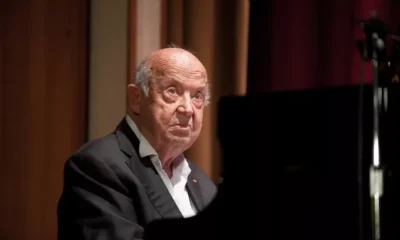
 Πολιτισμός1 ημέρα πριν
Πολιτισμός1 ημέρα πρινΒαθιά σιωπή! Θλίψη και πένθος – Έφυγε ο σπουδαίος Μίμης Πλέσσας λίγο πριν κλείσει τα 100
-

 Video5 ώρες πριν
Video5 ώρες πρινLive: Σε νέα φάση ο πόλεμος στη Μέση Ανατολή! Δύσκολες στιγμές για την ανθρωπότητα
-
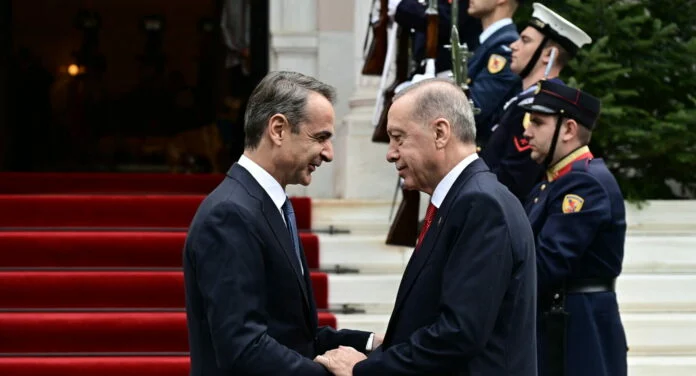
 Γενικά θέματα20 ώρες πριν
Γενικά θέματα20 ώρες πρινΤούρκος διπλωμάτης: «Η σιωπηλή συμφωνία Ερντογάν – Μητσοτάκη»



